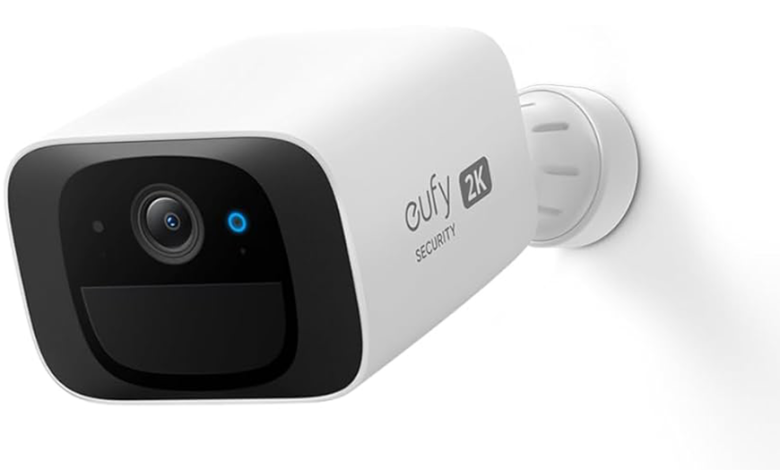How to Secure Your Home Security Camera Network from Cyber Threats

In today’s digital age, securing your home goes beyond locking doors and windows. With CCTV cameras becoming essential to home security, protecting your camera network from cyber threats is crucial. Cybercriminals are increasingly targeting smart devices, so ensuring your security cameras are safe from online attacks is a top priority. Here’s how to protect your home’s security camera installation process and CCTV network from cyber threats.
Protecting Your Home Security Camera Network from Cyber Threats
-
Change Default Passwords
Are you still using the default password for your security cameras? Many cameras come with factory-set passwords that are easy for hackers to guess. Changing these passwords to something unique and strong is one of the simplest ways to protect your system. To make a password difficult, combine letters, numbers, and symbols. It’s a small step that can make a big difference in securing your network.
-
Update Firmware Regularly
Do you keep your camera’s firmware up to date? Manufacturers frequently release updates to fix security vulnerabilities and improve performance. Regularly checking for and installing these updates ensures your CCTV camera Leeds has the latest security patches. Ignoring updates can leave your system exposed to known threats. Make it a habit to check for firmware updates and apply them promptly.
-
Enable Two-Factor Authentication
Have you activated two-factor authentication (2FA) on your camera system? A second form of verification is required in addition to your password to offer an extra degree of protection known as 2FA. It could be a code sent to your phone or an authentication app. Even if a hacker can get your password, they won’t be able to access your cameras without the second verification step. It’s a bit of extra work but well worth the added security.
-
Secure Your Wi-Fi Network
How secure is your home Wi-Fi network? Your cameras are connected to your Wi-Fi, so if your network is not secured, neither are your cameras. Use a strong and unique password for your Wi-Fi, and ensure your router has special security settings enabled. Consider setting up a separate network just for your security cameras to keep them isolated from other devices. This makes it harder for hackers to access your camera system through your primary network.
-
Use Encryption
Do your cameras support encryption? Encryption helps protect the data transmitted between your cameras and your monitoring devices. Ensure that your camera system uses encryption to safeguard your video feeds from being intercepted. Check the settings of your cameras or consult the manufacturer’s documentation to enable encryption if it’s available. It’s an essential step in keeping your footage secure from prying eyes.
End Notes
Securing your home security camera network from cyber threats is essential to protecting your home. Regularly review user accounts and permissions to ensure only authorised individuals can view or manage your cameras. Set up alerts to notify you of any unusual activity or access attempts. Keeping your camera system safe ensures that your home remains protected and your privacy is maintained.
In summary, safeguarding your home security camera network from cyber threats requires a multi-layered approach. By regularly updating firmware, using strong, unique passwords, employing encryption, and ensuring your network is secure, you can significantly reduce the risk of unauthorized access and potential breaches. Remember, a vigilant homeowner is the best defense against cyber threats. Stay informed, stay proactive, and keep your home security measures as robust as possible to protect your privacy and peace of mind.
A well-secured camera network not only enhances your home security but also provides you with greater confidence in the digital age. Stay proactive, stay informed, and always prioritize your cybersecurity.









